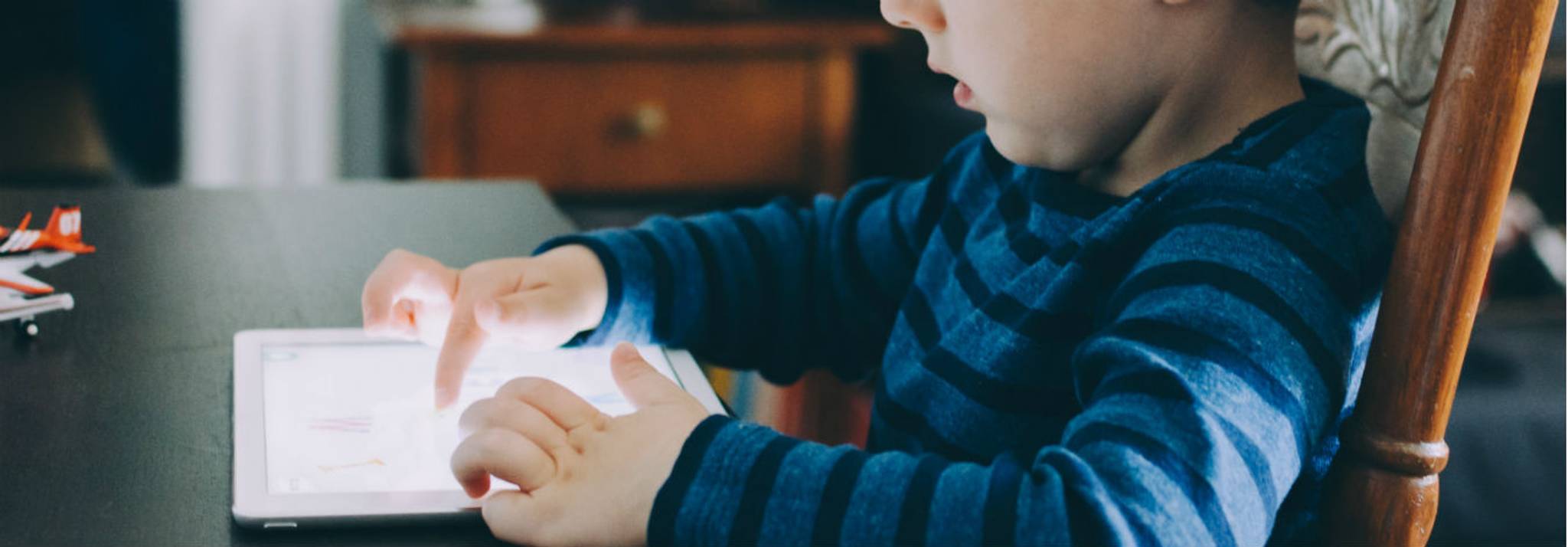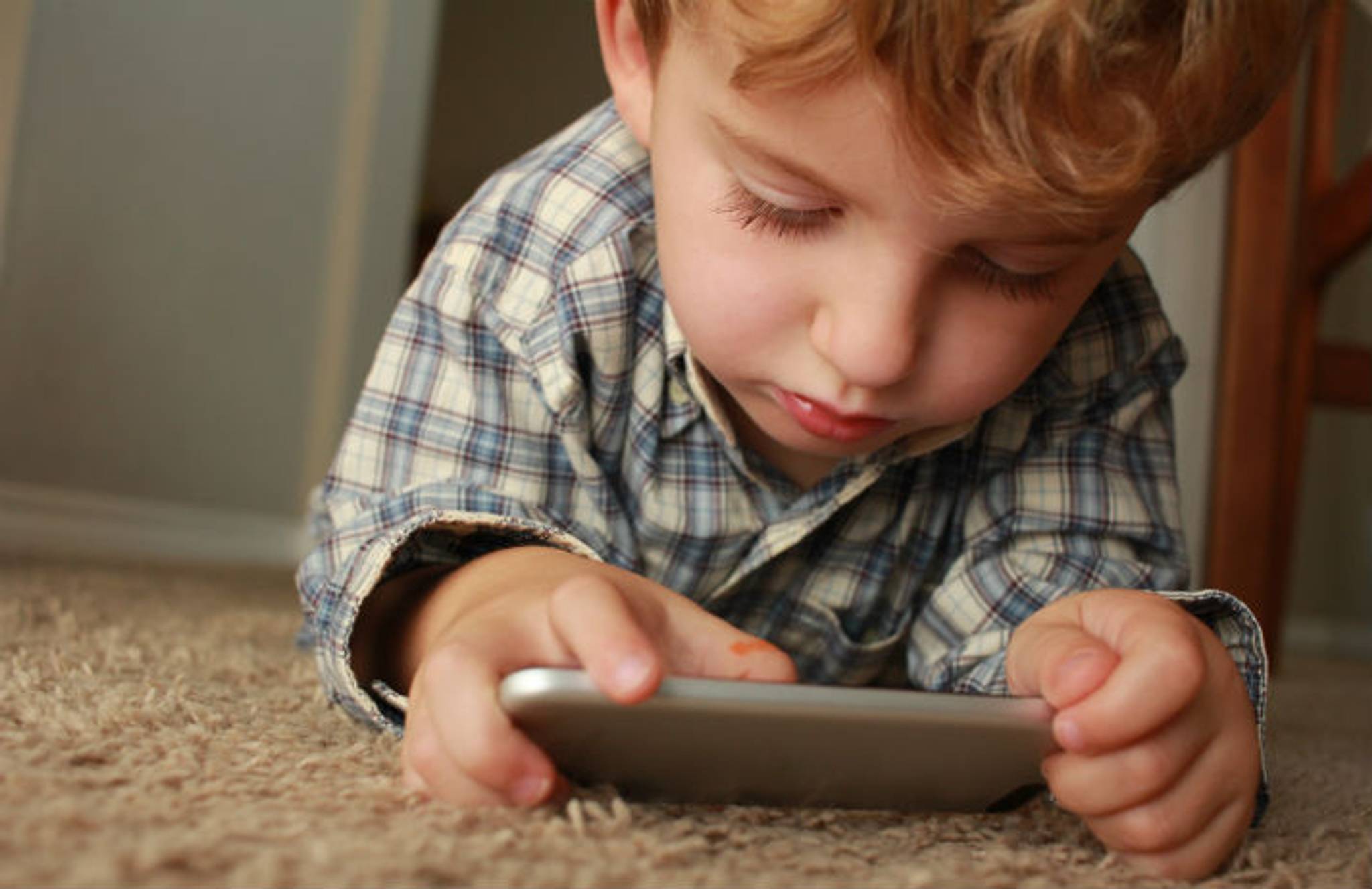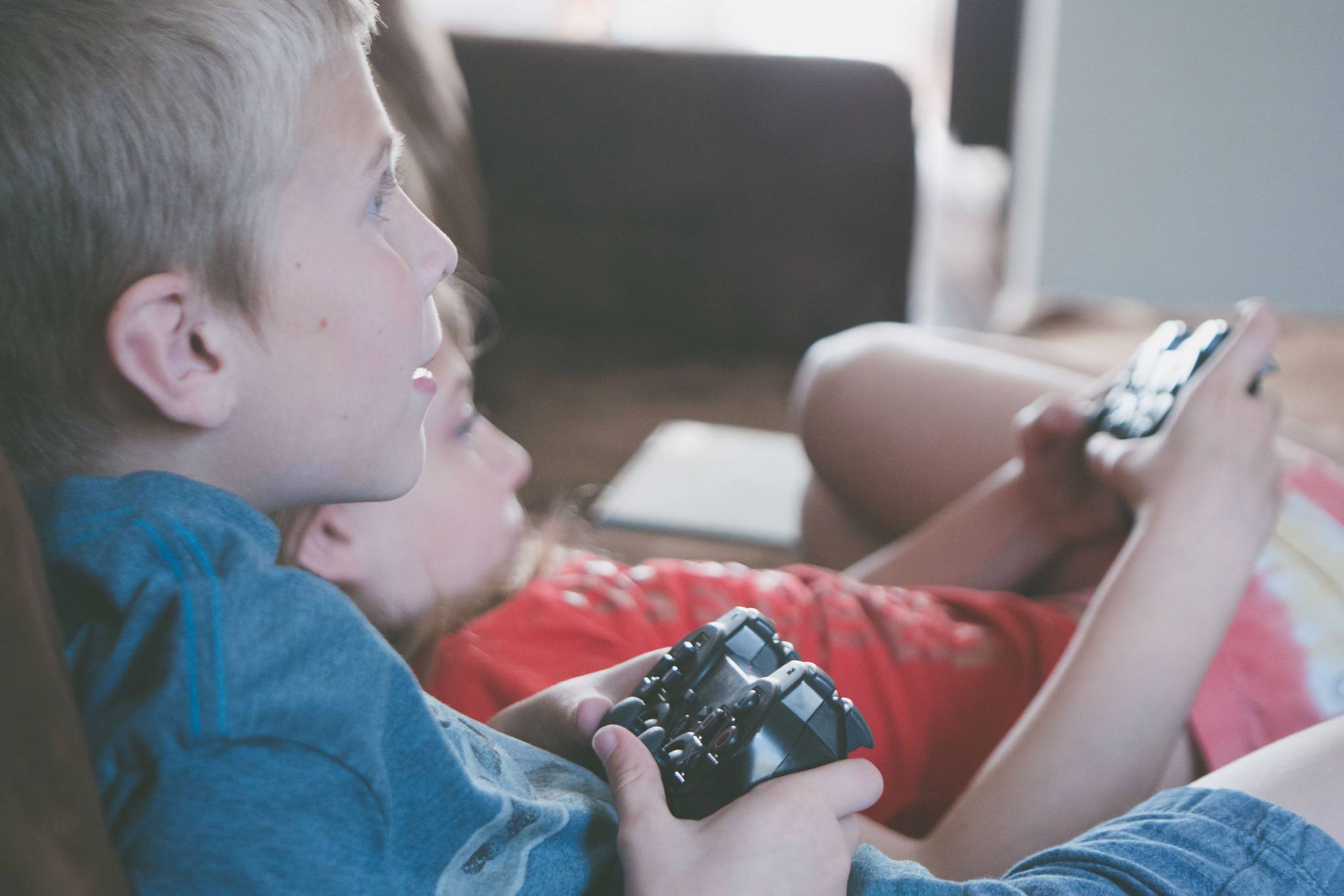
Screen time has long been associated with negative health consequences, at least anecdotally. Now, a study has revealed that excessive tech usage among children results in brain changes, giving brands an opportunity to facilitate early learning and socialisation rather than passive distraction. We explore the insights behind this, and how tech brands can engage young users more safely.
Research from the Cincinnati Children’s Hospital has found that young children who scored highly on the ScreenQ, a test used to measure screen time, used less expressive language. Scans showed that high scorers also had lower white matter integrity, which can affect their language executive function and other literacy skills and may impact their learning abilities later in life. The researchers recommended further studies to better understand the implications and establish appropriate limits on tech use.
"Screen-based media use is prevalent and increasing in home, childcare, and school settings at ever younger ages," says Dr. John Hutton, the lead author of the study. "These findings highlight the need to understand [the] effects of screen time on the brain, particularly during stages of dynamic brain development in early childhood.” The AAP recommends that parents of children under 18 months watch high-quality media with them, and that parents of children aged two to five should their limit media consumption to one hour per day, which would ideally be co-viewed.
With 70% of American parents giving their children technology to distract them while they do chores, children are being exposed to screens from increasingly early ages. Concerns about inappropriate advert targeting and sleep loss due to app use are common among parents, though fewer worry about the extent to which digital media affects their children’s brains. The results of the study have demonstrated a need for the careful development of tech aimed at kids, with opportunities to offer products with positive benefits – such as improving digital savviness – while limiting overuse. Brands such as Toca Boca, which features open-ended, imaginative games, may offer parents media that will engage their children in a safe and productive way, rather than promoting passive viewing, and AR-integrated products could also offer a happy medium.
Kezia Sullivan is a Junior Behavioural Analyst at Canvas8, with an MSc in Social Cognition, Research and Applications from UCL. She’s previously worked as an event organiser and freelance writer, and in her free time enjoys riding horses and rock climbing.



